Investigating the Depths
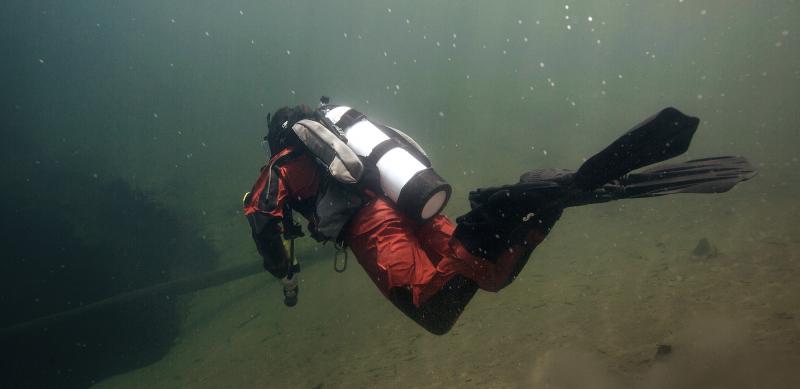
While some fear the unknown, the more daring embrace it.
That best describes a specialized U.S. Customs and Border Protection unit, the Border Patrol’s BORSTAR underwater search-and-recovery dive team.
To grasp just how demanding the job is for these multiskilled diving experts, imagine blindly negotiating deep, cold, murky – and sometimes toxic – water, possibly dodging lethal marine life lurking about, or dangerous, hidden foreign objects.
A difficult but rewarding job
Dive teams conduct search-and-recovery operations and inspect under vessels for narcotics and explosives sometimes attached under the hulls of ships. Typical targets could be a corpse, weapon, vehicle or a container loaded with illegal narcotics, all of which are difficult to spot in water where visibility is many times measured in inches.
Diving is an advanced collateral duty requiring a lot of dedication because agents still perform their regular BORSTAR duties when they’re not in the water. To stay on the team, divers must be proficient in core specialties: tactical medicine, rope and swift-water rescue, land navigation, air operations and other Border Patrol requirements. They must also maintain annual certifications with dive equipment, maintenance, and search-and-recovery operations.

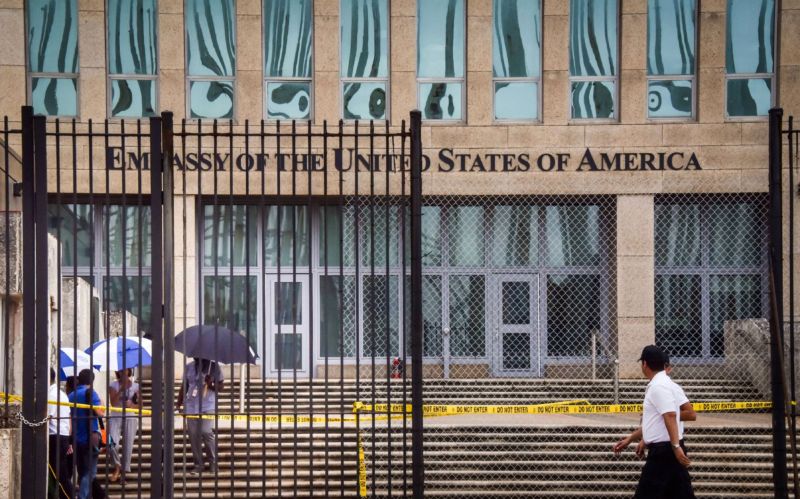




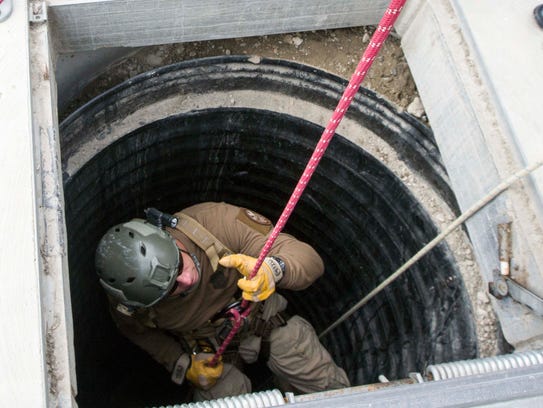


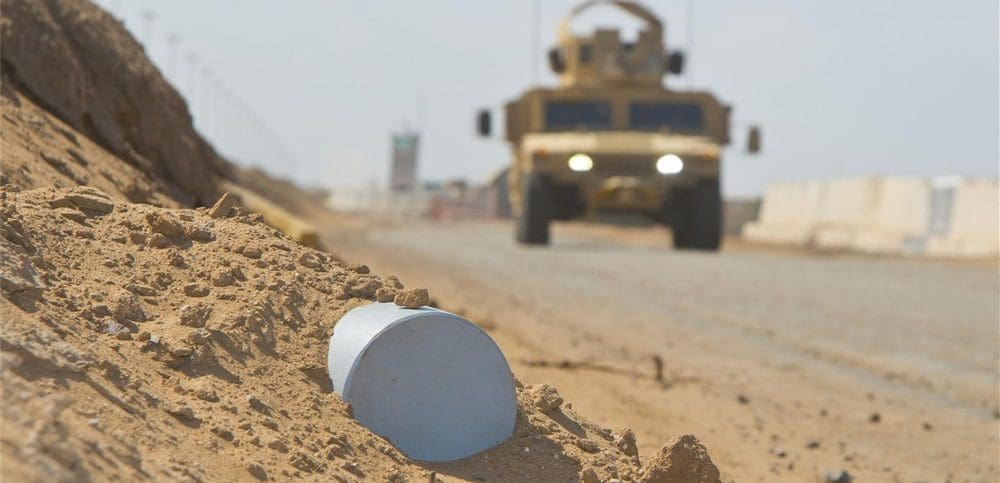


/arc-anglerfish-arc2-prod-mco.s3.amazonaws.com/public/BM67S5UGFBD4FAA74VBT3CMEGU.jpg)
/arc-anglerfish-arc2-prod-mco.s3.amazonaws.com/public/JDWS7UKXCFDJBCNMKYXKMRIOIY.jpg)

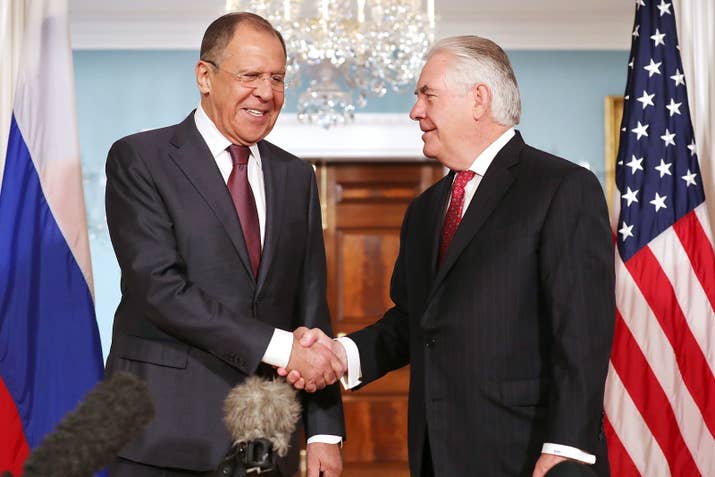

/arc-anglerfish-arc2-prod-mco.s3.amazonaws.com/public/WN3YCKMWIJAXTK66EZNQJBTQNA.jpg)